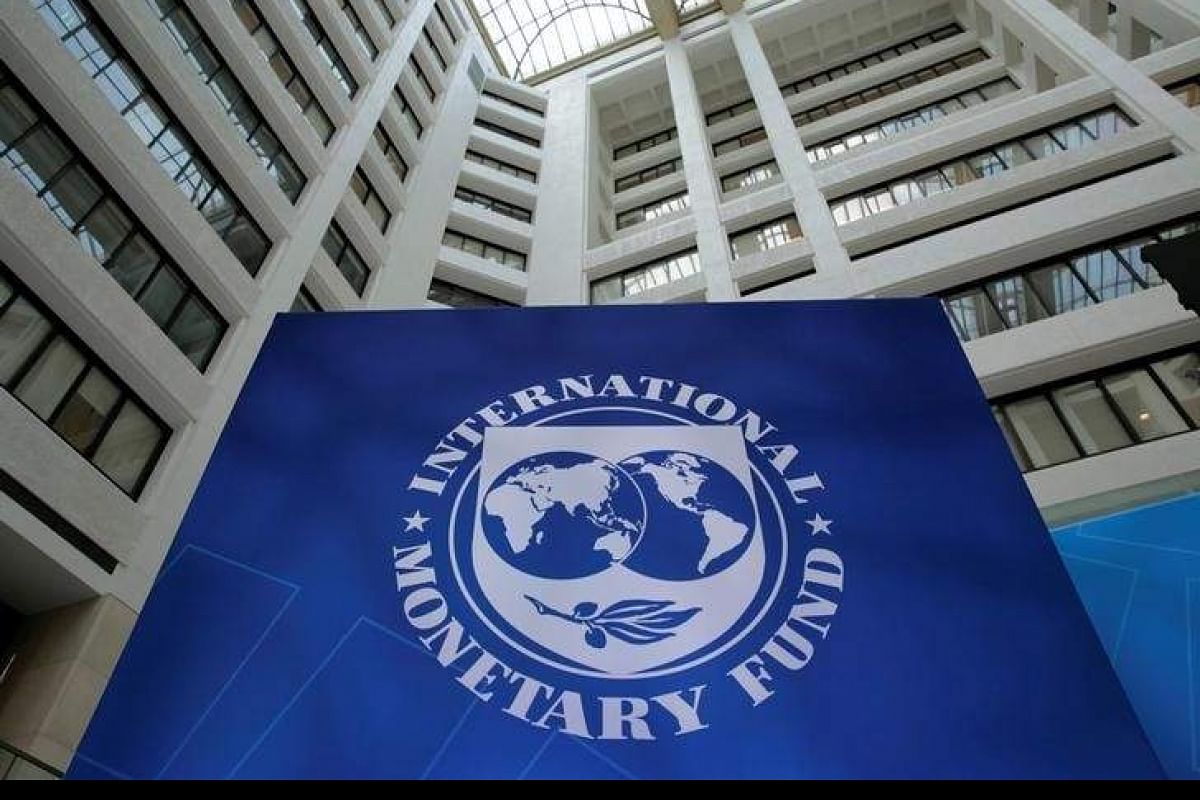
In the wake of mass protests in Sri Lanka’s South, Human Rights Watch (HRW) has released a statement warning that the arrangement Sri Lanka’s leaders have struck with the International Monetary Fund may risk the rights of the island’s citizens.
“The program as structured risks further undermining people’s economic and social rights. The government has announced policies that effectively reduce salaries in public service agencies, eliminate subsidies, and increase regressive taxes – steps that could degrade public services and further raise prices at a time when a large segment of the population is already struggling due to high inflation” HRW warns.
Speaking on the issue of tax reforms, HRW notes that the island tax-to-GDP ratio is expected to almost double. Whilst some of the measures are aimed to increase taxes on the wealthy and remove tax exemptions, HRW raises concerns over the heavy reliance on “value-added taxes” (VAT).
VAT in Sri Lanka has been from 8 to 15 per cent in September of last year, further worsening the cost of living crisis. Whilst basic food items have been exempted from the VAT, reforms by 2024 would remove “almost all” product-specific exemptions. HRW warns that this tax would take up a much greater share of income for low-income people.
“Official corruption and tax rules that benefitted the wealthiest were key drivers of Sri Lanka’s economic crisis, for which Sri Lankans struggling to make ends meet should not have to carry the burden,” said Meenakshi Ganguly, South Asia director at Human Rights Watch.
She further adds:
“The government should recognize that the public deserves real accountability, whether it’s for past war crimes or ongoing misgovernance and repression of critics.”
A further issue raised by HRW’s statement is a planned electronic registry for targeting government aid to vulnerable individuals. Sri Lanka is working with the World Bank in overhauling its current targeted cash transfer program in favour of a system “based on objective and verifiable characteristics of households”. HRW warns that this may lead to high error and exclusion rates.
If the program is based on electricity consumption, HRW notes, this would “leave out about 35 per cent of the bottom half of the population”.
“When half of Sri Lankan families are buying food on credit, it’s not the time to experiment with fixing chronic and pervasive problems with targeted cash transfer programs,” Ganguly said. “Instead of investing precious funds in new registries, the government’s focus should be on building a tax system that makes sure the wealthy pay their fair share.”
On 20 March, the IMF approved a $3 billion loan for the island which would pave the way for further support from multilateral institutions such as the World Bank and Asian Development Bank.
The IMF is currently undertaking a governance diagnostic that will assess the island in six areas, including the rule of law and fiscal governance. The conclusions of this assessment could be used to set conditions later in the loan program.
HRW maintains that “for the analysis to be effective, civil society should play a prominent role”. Tamil activists have long called for IMF support to be conditional on a rollback of Sri Lanka’s excessive military size.
Read more here.
We need your support
Sri Lanka is one of the most dangerous places in the world to be a journalist. Tamil journalists are particularly at threat, with at least 41 media workers known to have been killed by the Sri Lankan state or its paramilitaries during and after the armed conflict.
Despite the risks, our team on the ground remain committed to providing detailed and accurate reporting of developments in the Tamil homeland, across the island and around the world, as well as providing expert analysis and insight from the Tamil point of view
We need your support in keeping our journalism going. Support our work today.
For more ways to donate visit https://donate.tamilguardian.com.

